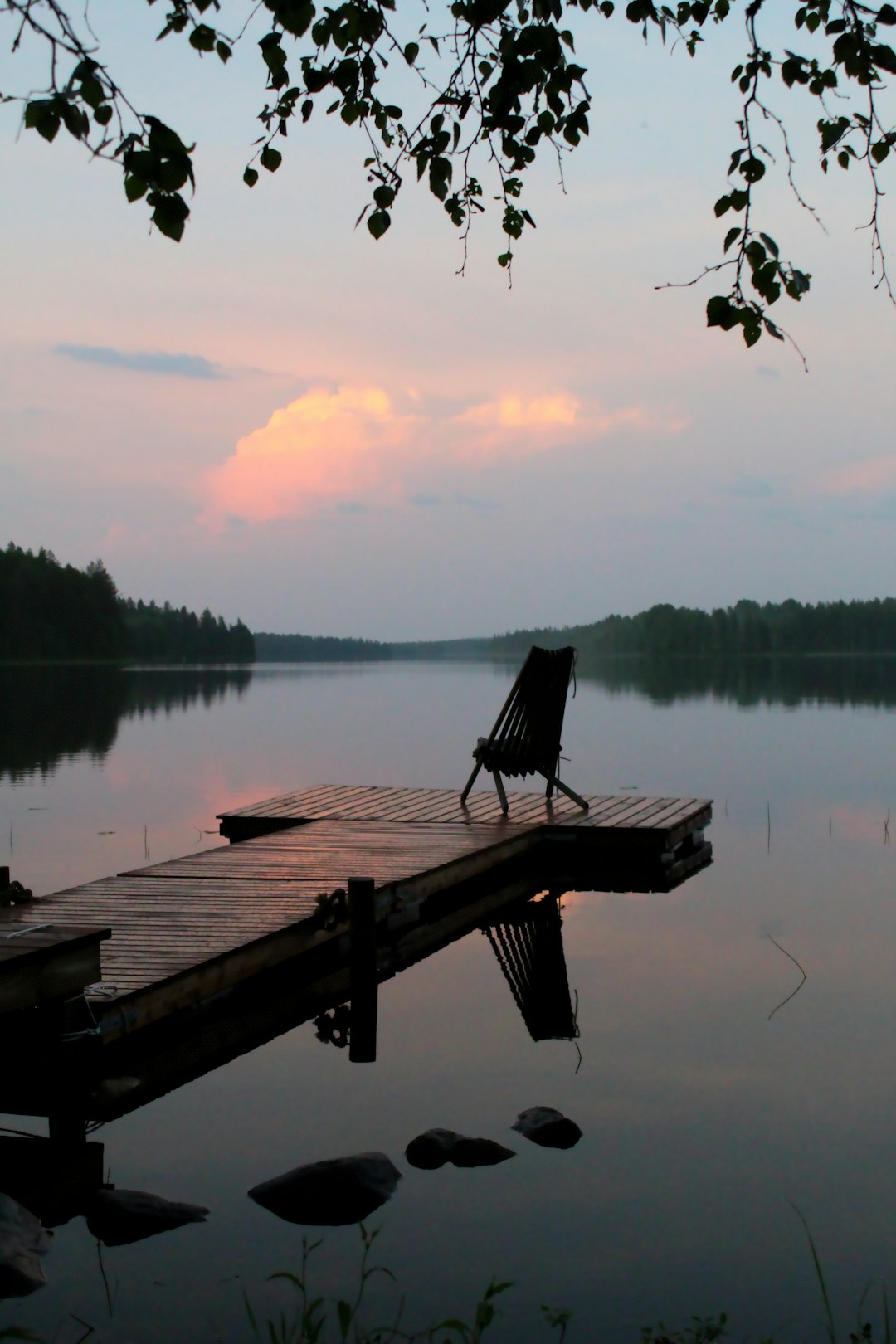So, that happened.
Loss, grief, priorities.

It’s been a while, longer than I anticipated or intended. And, as with anything one hasn’t done for a while, I’ve been nervous about getting back on the metaphorical bike. (FYI, I am the sole exception to ‘you never forget how to ride a bike’. I forgot: I rode myself head-first into the Mekong River in Laos, I became gap-…
Keep reading with a 7-day free trial
Subscribe to Prioritise This to keep reading this post and get 7 days of free access to the full post archives.

